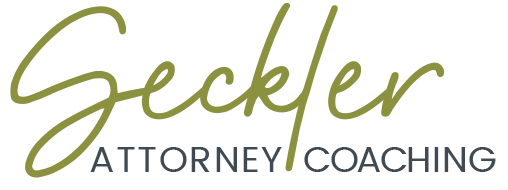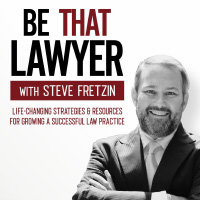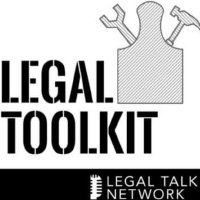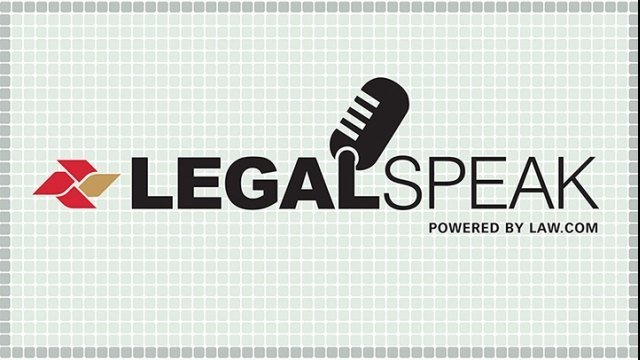
For most lawyers, networking is right up there with getting root canal or spending time in a Porta Potty. It’s a necessary and useful activity. But it is not fun.
Attending networking functions can feel uncomfortable to many professionals. What if you don’t know anyone? What should you talk about? How do you find business leads or job opportunities in a large crowd? But networking can help you increase your circle of business relationships. It should be part of your overall marketing and career strategy.
In trying to grow your law practice, the relationships you build today will become the referral sources of tomorrow. In positioning yourself for an in-house opportunity, it will greatly help to have relationships with C suite professionals, general counsel and other contacts in the industry where you want to work.
I’m actually a big believer in “retail” relationship building. Having one-on-one meetings with clients, prospective clients and potential referral sources is a more effective than spending time in a large room where you only recognize a few people. Personally, I spend much more time meeting people for coffee or sitting in on small lunchtime round tables than I do attending large gala events. I enjoy this a lot more and I know it is a much better way to get to know other professionals.
But networking can help you continue to grow your network if you do it right. So carve out some time to attend the bigger gatherings as well.
Here are 10 tips to help you overcome your natural aversion and get the most from networking events:
- Keep your expectations low. The goal of attending a networking function is to make a few new connections (i.e. the goal is not to collect as many business cards as possible). If you walk away with two people who you want to follow up with, consider that a success.
- Arrive early so you can look at the name tags and see if you know anyone who will be attending. If you arrive early, it will be easier to connect with people because the room will be less crowded.
- Choose events that interest you. If there is a speaker, are you interested in learning more about that subject?
- Make sure you have a 30 second elevator speech which invites questions (Who are you? What do you do? Who do you serve?). Introduce yourself in a way that will make people want to find out more about you (i.e. be interesting).
- When you approach someone, try to get the other person to give their elevator pitch first and listen carefully.
- Make good eye contact and ask open ended questions to get the other person talking.
- Listen for ways that you can be helpful to them (Is there someone you can introduce them to? Is there an article you can send them after the event? Is there a movie, restaurant, book, etc. you can recommend?)
- Look for odd numbers of people or people who are not already talking to someone else. When an even number of people are talking, it is harder to break into the conversation.
- Be prepared to answer the question “what’s new?” If someone you know asks you this question, make sure you have prepared something to say. This can be something personal or professional (e.g. “My youngest child just started high school”; “I just came back from a great trip to Utah”; “We just won a big victory in Superior Court”; our firm just merged with an IP boutique”; etc.)
- Try to keep conversations brief and if you are genuinely interested in continuing the conversation with someone, get their business card and ask them if you can follow up for coffee.
- After the event, make sure to follow up within 24 hours (see my prior post for more tips on follow up).








